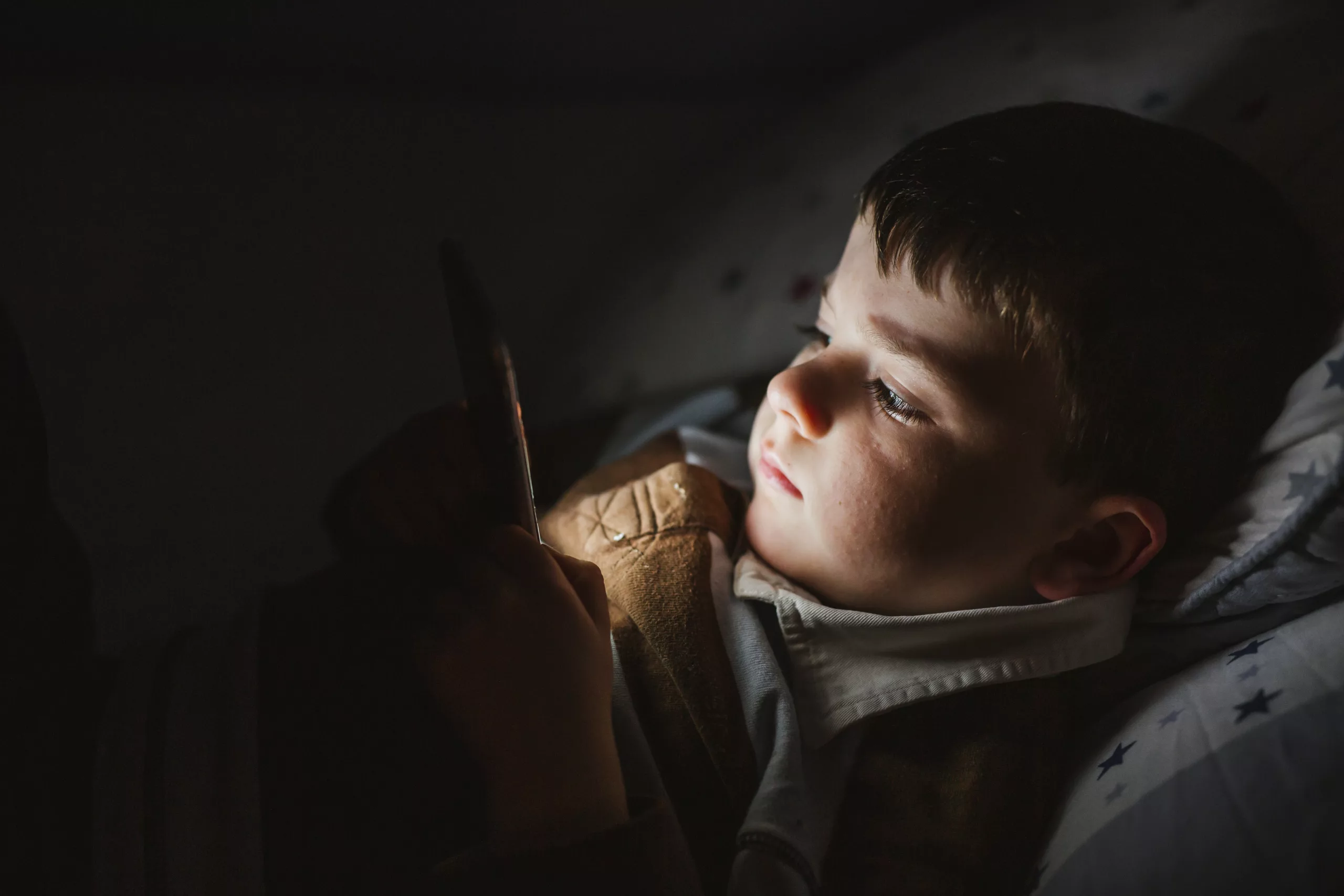How to Address Night Blindness in Children
Introduction
Night blindness, scientifically known as nyctalopia, refers to difficulty seeing in low light or darkness. It can impact children, affecting their daily activities and quality of life. Understanding the causes, symptoms, and effective strategies to address night blindness in children is crucial for parents and caregivers.
Understanding Night Blindness in Children
Night blindness in children occurs when the retina, particularly the rods responsible for low-light vision, doesn’t function properly. This can be due to various reasons:
- Genetic Factors: Inherited conditions like retinitis pigmentosa or congenital stationary night blindness can affect how the retina responds to dim light.
- Vitamin A Deficiency: Lack of sufficient vitamin A in the diet can impair the functioning of photoreceptors in the eye, leading to night blindness.
- Eye Health Issues: Conditions such as cataracts or refractive errors (like nearsightedness) can also contribute to poor night vision in children.
Recognizing Symptoms of Night Blindness
Identifying night blindness in children can be challenging since they might not always articulate their vision problems. Look out for these signs:
- Difficulty Seeing in Dim Light: Your child may struggle to navigate in low-light conditions, such as at dusk or in dimly lit rooms.
- Increased Trips or Falls at Night: Children with night blindness may bump into objects more often in poorly lit environments.
- Squinting or Rubbing Eyes: Straining to see in low light or rubbing their eyes frequently can indicate visual discomfort.
Steps to Address Night Blindness
When addressing night blindness in children, consider these steps:
- Consult an Eye Care Professional: Schedule a comprehensive eye exam with a pediatric ophthalmologist or optometrist. They can assess your child’s visual acuity, evaluate the health of the retina, and identify any underlying conditions contributing to night blindness.
- Manage Underlying Conditions: If an eye health issue like cataracts or refractive errors is detected, follow the prescribed treatment plan. This may involve corrective lenses, surgery, or other interventions to improve vision.
- Ensure Adequate Nutrition: If vitamin A deficiency is suspected or diagnosed, incorporate foods rich in vitamin A into your child’s diet. This includes leafy greens, carrots, sweet potatoes, and fortified dairy products. Supplements may be recommended under medical supervision.
- Create a Safe Environment: Enhance lighting in areas where your child spends time at night, such as bedrooms and hallways. Use nightlights or bedside lamps to improve visibility and reduce the risk of accidents.
- Educate and Support: Explain to your child the importance of disclosing vision difficulties and encourage them to communicate any challenges they experience in different lighting conditions.
Promoting Eye Health in Children
Beyond addressing night blindness, promoting overall eye health is essential:
- Regular Eye Check-ups: Schedule routine eye exams for your child, even in the absence of symptoms, to monitor their visual development and detect any issues early.
- Encourage Outdoor Play: Natural light exposure is beneficial for eye health. Encourage outdoor activities to support healthy vision development.
- Limit Screen Time: Reduce excessive screen time and encourage breaks to prevent eye strain, which can exacerbate vision issues.
Conclusion
Night blindness in children can impact their daily activities and safety, but with early detection and appropriate interventions, significant improvements can be achieved. By understanding the causes, recognizing symptoms, and taking proactive steps to address night blindness, parents and caregivers can support their child’s visual health and overall well-being effectively.
World Eye Care Foundation’s eyecare.live brings you the latest information from various industry sources and experts in eye health and vision care. Please consult with your eye care provider for more general information and specific eye conditions. We do not provide any medical advice, suggestions or recommendations in any health conditions.
Commonly Asked Questions
Night blindness in children can manifest as difficulty seeing in dim light, increased clumsiness in dark environments, and frequent eye rubbing or squinting.
The treatment depends on the underlying cause. For some children, corrective lenses or surgery may improve night vision, while others may benefit from managing conditions like vitamin A deficiency through diet and supplements.
Enhance lighting in areas where your child spends time at night, such as using nightlights or bedside lamps. Educate them about their condition and encourage open communication about any visual difficulties.
Foods rich in vitamin A, like carrots, spinach, and fortified dairy products, can support healthy vision. Including these in your child’s diet may help if night blindness is related to vitamin A deficiency.
Genetic factors can contribute to conditions like retinitis pigmentosa or congenital stationary night blindness, affecting how the retina responds to low light. A genetic evaluation by a specialist can provide more insight.
While precautions like enhancing lighting are important, children with night blindness can still participate in most activities with proper supervision and accommodations to ensure safety.
Night blindness symptoms may become noticeable as early as infancy or childhood. Regular eye exams are crucial for early detection and intervention.
Depending on the cause, night blindness can be stable or progressive. Monitoring your child’s vision through regular eye check-ups helps track any changes over time.
Prolonged screen use can strain the eyes, exacerbating underlying vision issues. Encouraging breaks and outdoor activities can support healthy eye development.
During appointments, discuss your child’s symptoms, family medical history, and any concerns about their vision. This helps tailor a personalized treatment plan for managing night blindness effectively.
news via inbox
Subscribe here to get latest updates !







